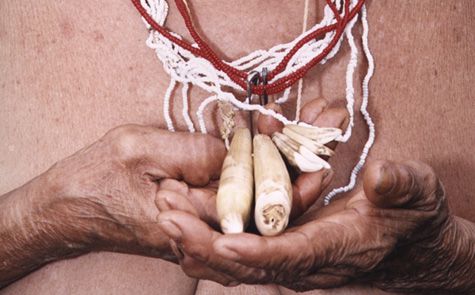This was confirmed by the testimony given by the representative of the local territories and member of the group of monitors, Vicente Ferreyra. He acknowledged that, during the two years of the process, there were tense moments of discussion with the company, which "respected the position of our people" and recalled that there were strong warnings for employees of the contractors, some of whom were also removed. This even included members of the Guaraní communities, because "we cannot allow them not to comply with the rules."
The results were positive and beyond the circumstantial problems that occurred, there was coordination at different levels and "today I can say that we started well, we ended well," said the leader, who highlighted the respect for the territory and the customs and traditions of the Guaraní nation.
Diego Román, Director of the Bolivia Business Unit, highlighted that the success of this process reflects the way our company acts, framed in policies and standards that emphasize establishing long-term relationships with the community and detecting and mitigating risks constantly in a process of due diligence.
Marco Mendoza, one of the heads of the study, highlighted the degree of participation of the Guaraní community and the company's respect for its representative organizations. "It has been shown here that dialogue is possible and that it is possible to work without confrontation. It is a recognition of the indigenous peoples and the participation of women in this process must be highlighted," he stated. He is also convinced that this type of practice is a path to business sustainability.







